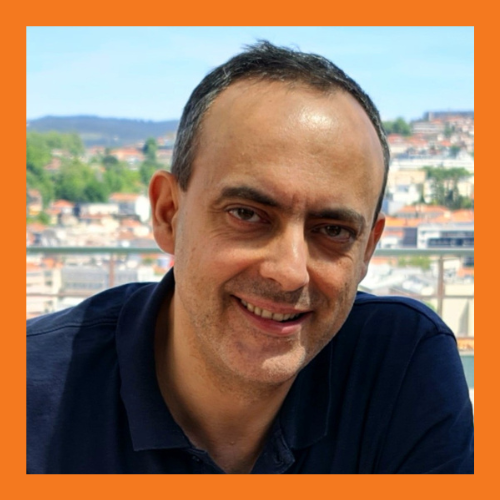Short Bio
Miguel Nóbrega is Associate Professor at the Polymer Engineering Department of the University of Minho, and member of the Institute for Polymers and Composites. In 2004, he received his PhD degree from the University of Minho, in Polymer Science and Engineering. He is the Digital Transformation in Manufacturing area leader of the MIT Portugal program, editor of OpenFOAM Wiki, founder member of the Iberian OpenFOAM Technology Users and member of the OpenFOAM Workshop Committee.
His research activity lies in three overlapping areas: product development, polymer processing and material rheology. For this purpose, he has been developing computational rheology tools to model the behavior of complex materials in various manufacturing processes. Regarding the product development area, he has been involved in the design and manufacture of products for several fields, comprising applications for health, textile, sensoring/monitoring, construction and mobility. He uses the open-source computational library OpenFOAM as a base for the numerical developments. Based on his computational modelling activity/skills, he has been promoting the use of simulation to support the decision process in industrial design/manufacturing activities.
He was/is involved in the supervision/co-supervision of 13 Post-Doctoral Researchers, 43 MSc Dissertations, 15 PhD Thesis (9 completed), in 36 scientific research projects (6 as project leader) and 32 applied research projects for private companies (25 as project leader). He edited 2 books and he is author/co-author of 12 book chapters, 23 conference papers, 108 papers published in international refereed journals, 8 patents (3 international) and more than 250 communications presented in conferences (25 invited and 2 plenary lectures).

